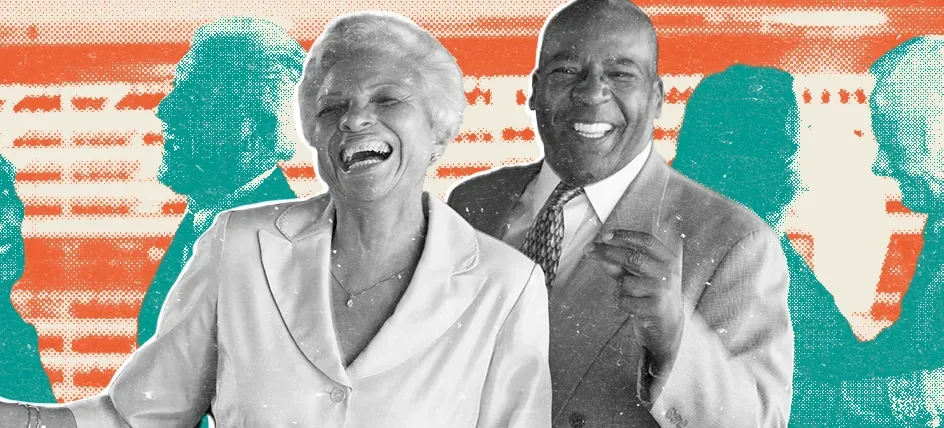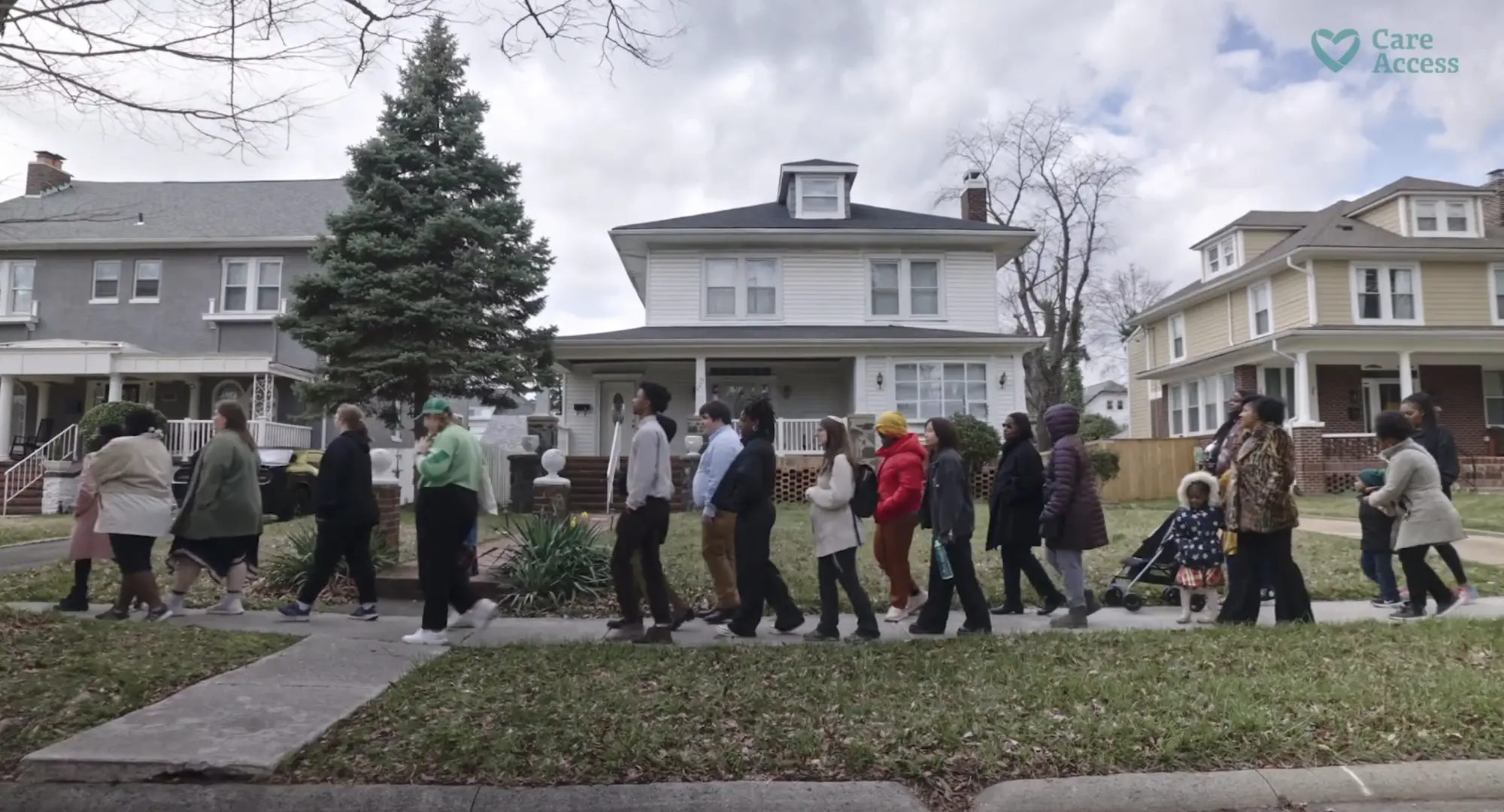Back to Health Resources
Can Having Fun Help Prevent Dementia? New Research Says Yes!

Could having fun be the secret to a healthier brain? According to a recent study, activities that bring you joy—whether it’s dancing, playing games, or laughing with friends—might actually help lower your risk of dementia. The best part? You don’t need a complicated routine to see the benefits.
With over 55 million people around the world affected by this dementia, it’s good to know that the simple joys of life can make such a big difference. Let’s take a look at how joy and brain health are connected.
The science behind joy and your brain health
It turns out that having fun isn’t just about feeling good in the moment, it can actually help keep your brain healthy in the long run.
Researchers found that activities that engage your mind, body, and social connections, like reading, exercising, or chatting with friends, help protect against memory loss and cognitive decline. These activities work by:
Stimulating the brain
Keeping your mind active helps strengthen neural connections, which can slow down cognitive decline.
Reducing stress
Stress and anxiety can negatively impact memory and thinking skills. Enjoyable activities promote relaxation, which benefits brain health.
Encouraging social interaction
Spending time with others keeps your brain engaged and supports emotional well-being.
The takeaway? Making time for joy isn’t just a luxury, it’s an essential part of keeping your mind sharp as you age.
Tips for making time for joy
Taking time to enjoy yourself is more than just having fun—it’s good for your brain, too!
Regularly doing activities that bring you joy can boost your mood, keep your mind sharp, and help protect against dementia. Here’s how you can fit more joy into your life:
Stay social
Making time for friends and family is key to keeping your brain engaged. Whether it’s a chat over coffee or a weekend outing. “Add in social time any way you can, with friends, family, and neighbors,” says Dr. Gigi Lefebvre, a family practice physician and principal investigator for Alzheimer’s clinical trials at Care Access.
Pick up a hobby
Whether it’s painting, knitting, or reading, hobbies give you something to look forward to. They’re also great for your brain because they keep you focused and mentally engaged. “If you’re reading a printed article, try turning it upside down to make your brain really work,” Dr. Lefebvre said. “You can read it out loud, too, to use more senses in the exercise.”
Move in a way you love
Find an activity you enjoy like dancing, hiking, or even just taking a walk. Physical activity doesn’t have to be a chore; it can be something fun that benefits both your body and brain.
Laugh often
Watch a comedy, hang out with someone who makes you laugh, or read something funny. Laughter is a simple way to reduce stress and lift your spirits, which is great for brain health.
Take time to relax
It’s just as important to rest and recharge. Whether it’s a nap, meditation, or just sitting quietly, taking time to unwind helps reduce stress and keeps you feeling balanced.
The Bottom Line
Adding more joyful activities into your life doesn’t just make your days more enjoyable, it could also help protect your brain. So go ahead, embrace the things that make you happy. Your brain will thank you for it!
CONTRIBUTING EXPERTS

Gigi Lefebvre, MD
Principal Investigator
Dr. Lefebvre is a family medicine physician and a Principal Investigator at Care Access.
DISCLAIMER
The information provided on Care Access is intended for informational purposes only and should not be considered as a substitute for professional medical advice, diagnosis, or treatment. Always seek the advice of your physician or other qualified healthcare provider with any questions you may have regarding a medical condition. Our products and content are not intended to diagnose, treat, cure, or prevent any disease.
Explore More Health Resources

STORIES from the Heart


